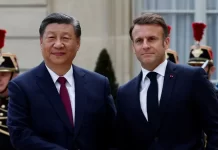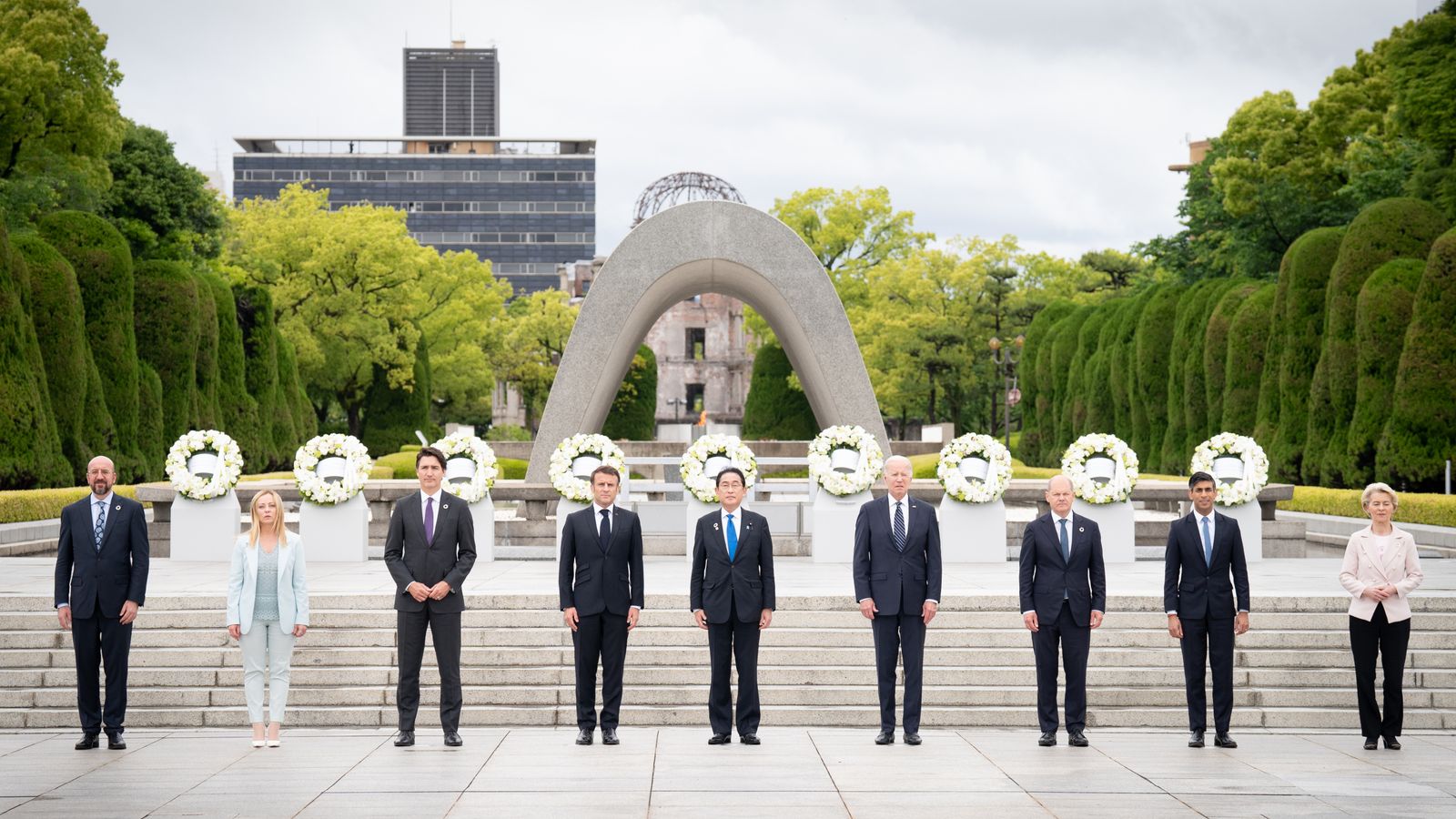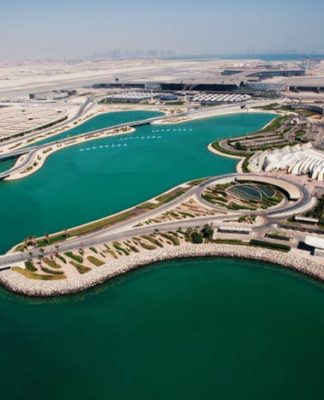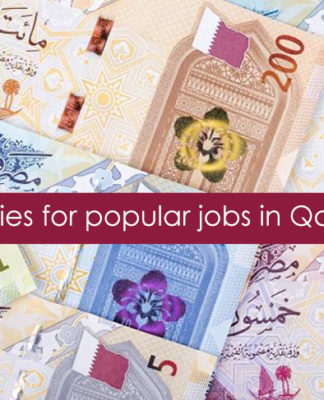Analysis
Why China has made its feelings known to UK after G7 summit
China has made diplomatic protests to Japan and other countries – which Sky News has learned includes Britain – following the summit.
Dominic Waghorn
International Affairs Editor @DominicWaghorn
Tuesday 23 May 2023 13:23, UK
Listen to this article
0:00 / 3:15
1X
BeyondWords
Audio created using AI assistance
Rishi Sunak at the G720:59
Play Video – Sunak’s press conference in full
Sunak’s press conference in full
Why you can trust Sky News
Beijing has made diplomatic protests to Britain after the prime minister used the G7 summit this weekend to single out China as the “biggest threat to global security and prosperity of our age”.
Sky News has learned that Chinese diplomats have made their feelings known after Rishi Sunak’s comments at the summit – as well as to the summit’s host Japan and other allies.
G7 leaders aimed their fire at both Russia and China at their meeting in Hiroshima, Japan. Both countries have reacted angrily.
The relationship, though unequal in favour of China, is deepening. Russia’s prime minister Mikhail Mishustin is in Beijing for talks with China’s leaders ahead of an expected visit by his president, Vladimir Putin.
Mr Sunak ended the summit warning that China is the “only country with both the means and intent to reshape the world order”.
There is, he said, “complete resolve and unity within the G7… recognising the systemic challenge that China poses to the world order”.
The Hiroshima summit will be seen as a watershed moment in the West’s stance on China. Concern about its threat has grown for some time but it was the moment the alliance formulated so explicitly a joint position to counter it.
The war in Ukraine has woken up the West with a jolt to the dangers posed by China.
G7 leaders at the Peace Memorial Park where they laid wreaths at the Cenotaph before attending the first working session of the G7 Summit in Hiroshima, Japan. Picture date: Friday May 19, 2023.
Image:
G7 leaders at the Peace Memorial Park in Hiroshima
China may be posing as a neutral broker in the war, but it is actively supporting Russia by helping it evade Western sanctions, buying its oil and – Western officials believe – supplying non-lethal and perhaps even lethal military help.
But the West believes it has more to fear from China. China resents Western hegemony in the world and seeks global supremacy. But many of its values run counter to those of the West.
The G7 established a joint effort to counter Chinese and Russian use of economic leverage to strong arm weaker nations’ actions.
And it announced efforts to “de-risk and diversify” economic ties.
The COVID pandemic and Ukraine war have both highlighted the dangers of depending on supply chains that are too long or too tied to one country.
China's foreign ministry spokesperson is critical of the G70:27
Play Video – China calls the G7 a ‘clique’
China calls the G7 a ‘clique’
Read more:
Sunak unveils ban at G7 on Russian diamonds and metals
Isolating China would ‘betray’ UK national interest, foreign secretary says
Russia’s foreign minister Sergei Lavrov sarcastically condemned the G7 countries for “indulging in their own greatness”.
China has issued what it calls stern demarches or diplomatic protests to Japan and other countries – which Sky News has learned includes Britain – following the summit.
The Hiroshima summit will be seen as a key step in the West’s evolving posture on China but risks forcing Beijing into an ever closer alliance with Russia.
Vladimir Putin and Xi Jinping share a toast during a dinner at the Kremlin in March Pic: AP
Image:
Vladimir Putin and Xi Jinping share a toast during a dinner at the Kremlin in March. Pic: AP
China already supports Russia, politically, economically and to some limited extent militarily despite its claim to be neutral. But that support is not unqualified.
China’s leadership is increasingly wary of the dangers of being too closely aligned with Russia given its calamitous performance in the war.
The Western alliance will need to walk a tightrope between clear-eyed recognition of the long-term dangers posed by China and the more immediate need to prise Beijing away from its problematic relationship with Moscow.
Related Topics
China





























